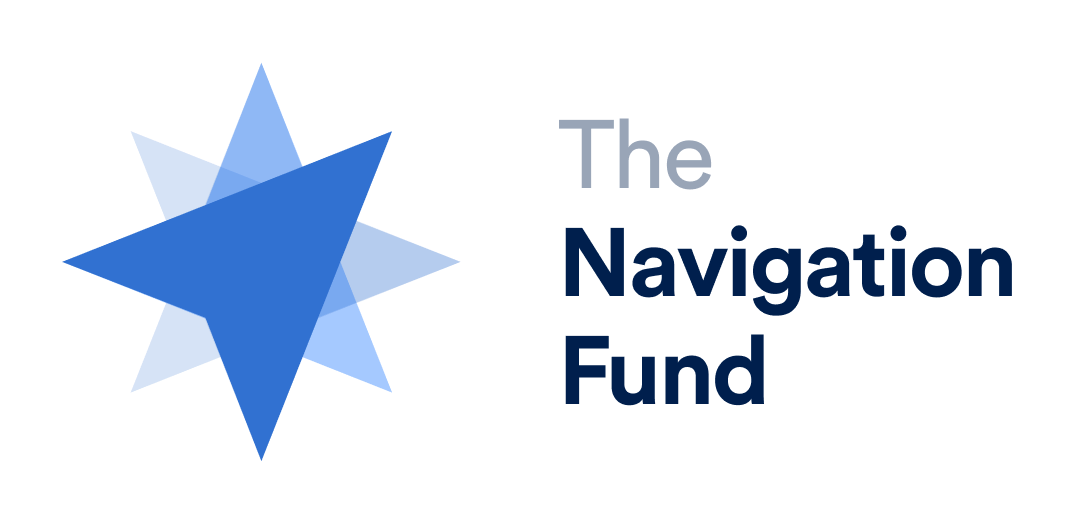Beyond the Journal Awards
Overview
Academic journals can slow discovery, reward prestige over truth, and lock publicly-funded knowledge behind paywalls. Many people are already demonstrating better ways of working. They are sharing results openly, testing ideas in real time, and building communities that make science faster and more transparent.
We want to recognize, celebrate, and support those efforts. If you are a practitioner experimenting with novel ways to distribute and share your scientific work, testing unconventional channels, pioneering new formats for research dissemination, or exploring alternative pathways to reach relevant communities, we would like to hear from you.
What we’re doing
We are launching the Beyond the Journal award program to support people who are already experimenting with pushing the boundaries. We are looking for:
Scientists, engineers, and practitioners sharing research as it happens instead of waiting months or years for publication
People building open communities around data, methods, and experiments
Creators who are testing new formats such as blogs, videos, public peer review, or lab notes
Anyone showing that rigorous science does not require the stamp of a prestigious journal
Practitioners exploring new approaches we haven’t imagined yet
Selected applicants will receive:
An award amount of $10,000 or $25,000 to further their project and work
Recognition as leaders in the future of science communication & participation
Opportunities to connect with others who are working in the same direction
This program supports practitioners who are directly testing new ways to communicate science—someone who is already doing the work. If you work on infrastructure, such as platforms, tools, or standards, please consider the Navigation Fund Open Science Program, which aligns more closely with this type of work. And, although we think it’s very important, we are not supporting general science communication efforts through this program. We’re trying to find and embolden the novel open science practitioners.
Why this matters now
Open practices already prove that science can move faster without them.
One example: In July 2023, researchers in South Korea posted preprints claiming they had achieved room-temperature, ambient-pressure superconductivity using a modified lead-apatite material. The claim spread instantly across social media, drawing millions of views and raising hopes for lossless power grids and levitating trains. Within days, labs worldwide tried to reproduce the results, some reporting hints of support while many others found nothing. Scrutiny quickly exposed flaws in the data and inconsistencies in the methods. By August, the claim had collapsed.
The entire cycle, from headline-grabbing discovery to thorough debunking, unfolded in about three weeks. Under the journal system, that process would likely have taken months to years longer.
This was one new example of how science could work: ideas tested quickly and openly, truth established through scrutiny, not by a masthead. The people building these new paths are worthy of celebration.
Tell us more
We want to celebrate the pioneers who are breaking away from the journal system. Please nominate someone you know and admire. Or feel free to self-nominate if you think your work fits the call.
Deadline to nominate or apply: October 31st, 2025
Award Tiers:
$10,000 (5x awards)
$25,000 (2x awards)


